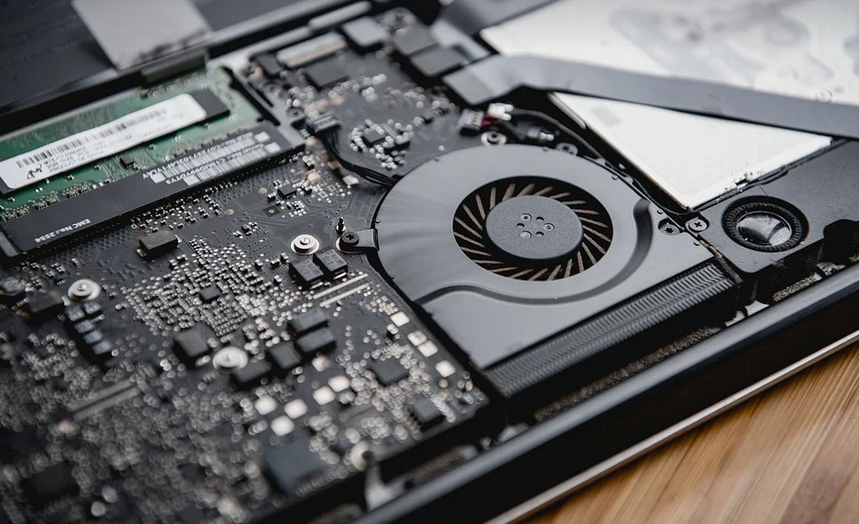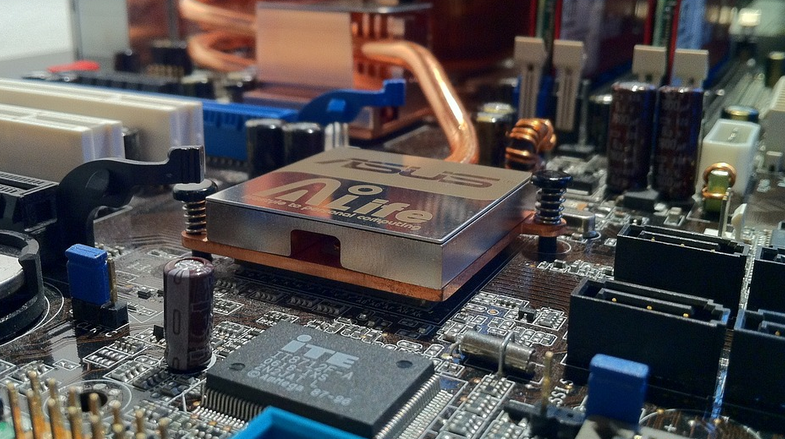The Nightlife of a Fire Alarm
Let’s face it, the sound of a fire alarm at 3 AM is not exactly how we want to spend our nights. It jolts us from sleep, throws our minds into overdrive, and leaves us scrambling for answers. We all know the drill—the red lights flashing, the blaring siren, and that unsettling feeling that something has gone terribly wrong.
But is it always a sign of trouble? What exactly is the reason behind a fire alarm going off at such an ungodly hour? Well, there’s no single answer, but we can explore some likely culprits.
The Mystery Behind the Midnight Buzz
First off, let’s think about what causes alarms in the first place. Fire alarms are designed to protect us from real threats—fires that could spread rapidly and endanger lives. When they sound, it means there’s something serious going on.
The problem is, these systems often trigger unintendedly. Sometimes, they might be tripped by natural occurrences like faulty wiring or even power surges. However, in a place of human habitation, like our homes, the most common culprits are usually simple mistakes.
Think about common household appliances—a malfunctioning oven, a faulty dishwasher, or an overloaded circuit breaker can all trigger these alarms. You might be surprised to know that often, it’s not even an actual fire but a harmless smoke detector getting triggered by the fumes from cooking or the heat from a hot shower.
But even if there isn’t a real fire in sight, some things need our attention. Things like a faulty smoke detector, a loose wire, or even just an overloaded circuit can be potential culprits in these unexpected scenarios.
The Silent Killers: Hidden Hazards
Sometimes, the culprit behind a 3 AM alarm is something we might not expect. Think about your plumbing and heating systems; they often work silently in the background, but they can also cause havoc at any time. You could have a leak somewhere, a burst pipe, or even a blockage in the drain that has caused your building’s sprinkler system to activate.
These issues often go unnoticed until it’s too late. But with routine maintenance checks and proactive inspections, we can identify potential problems before they escalate into a full-blown disaster.
A Night of Mystery: Troubleshooting Tips
The next time you hear that unsettling 3 AM alarm sound, there’s more to it than just an innocent smoke detector going off. It’s a call for action—to investigate and find the root cause of the alarm.
Here are some things to keep in mind when facing such a situation: First and foremost, don’t panic! Take a moment to assess your surroundings and look for any obvious signs of smoke or flame. If you see anything out of the ordinary, it’s best to take action immediately.
Try opening windows, doors, and vents to let fresh air circulate. This may help clear out some of the heat and fumes that could be triggering the alarm. Do not attempt to ignore or try to disable a fire alarm unless you are qualified to do so by a trained professional.
If there’s no obvious cause for a sudden fire, it’s best to contact your building management team, landlord, or local authorities for assistance. They will have the necessary expertise and resources to navigate the situation effectively and determine if any real danger needs addressing.
A Night of Safety: Prevention is Key
While we can’t always predict when a fire alarm might sound at 3 AM, there are some steps we can take to prevent these occurrences from becoming an unwelcome midnight speaker.
Maintaining your smoke detectors and other safety devices is essential. Regular inspections, battery checks, and occasional system tests will ensure they’re ready for action when needed.
It’s also a good idea to familiarize yourself with your home’s fire escape plan and practice it regularly. This includes knowing how to turn off the main power supply in case of an emergency and where your smoke detectors are located.
Finally, keep all electrical appliances in your home in good working order. Replace frayed cords, get regular maintenance for your heating system, and ensure proper ventilation in kitchens; these simple measures can prevent accidents before they even happen.
Let me know if you’d like to explore any of these topics further or have specific questions based on the information provided here!


